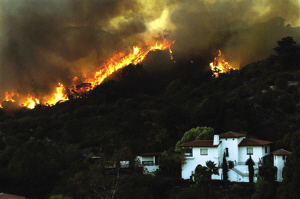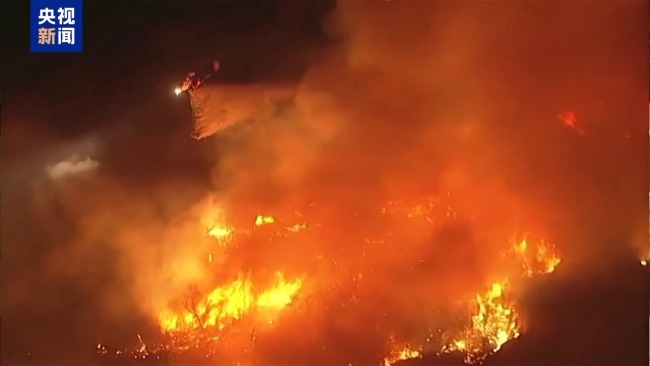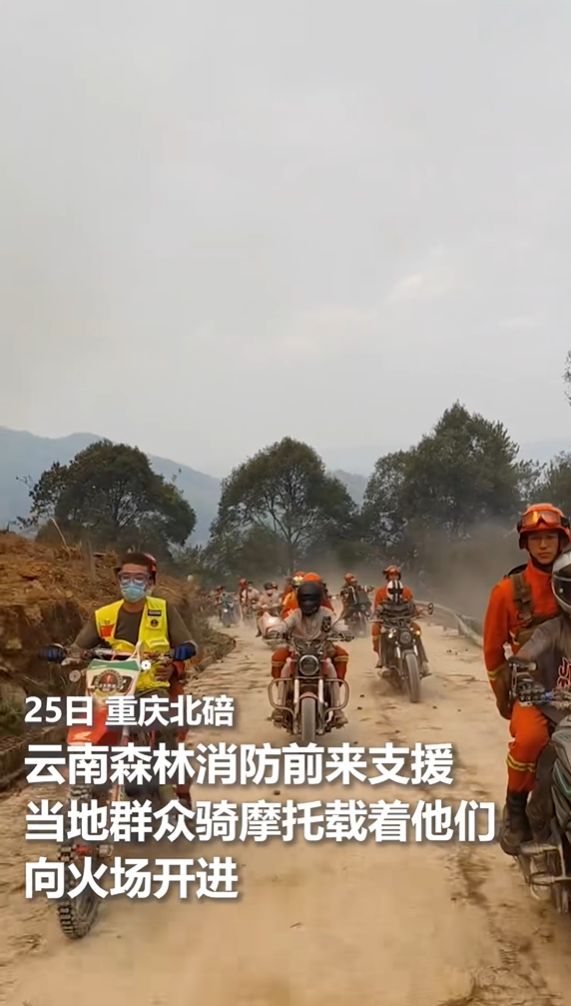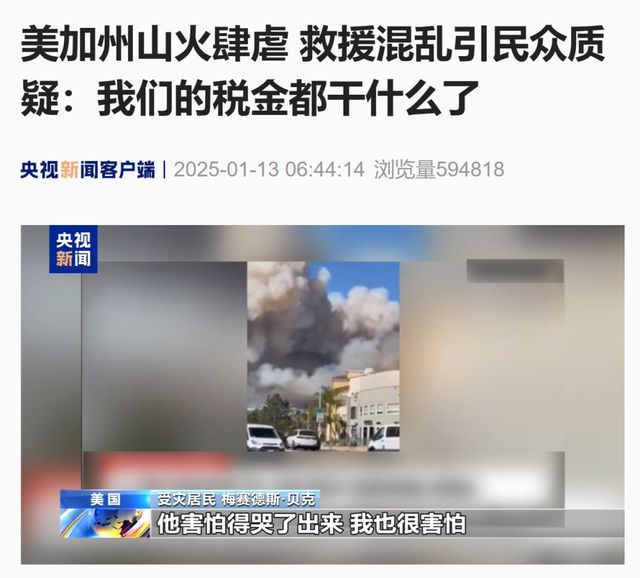洛杉矶市长在山火期间出访的行为引发了批评。在严重的山火灾害背景下,市民和救援人员正全力应对火情,而市长却选择此时外出访问,这一行为被认为是对当前紧急情况的不负责任表现。批评者指出,市长应在关键时刻与市民共同面对挑战,确保城市安全,而不是追求其他事务。此事引发了公众对市长决策合理性和责任担当的质疑。
Title: Los Angeles Mayor's Visit during Mountain Fire and Its Reliability Operation Plan
In recent times, the city of Los Angeles has faced a series of challenges, one of them being the mayor's visit during a critical mountain fire period. This event has attracted public scrutiny and criticism, calling for a thorough examination of the mayor's decision-making process and the reliability of its operation plan.
During the outbreak of the fire, the focus of the city should be on emergency response and crisis management. However, the mayor's decision to travel out of the city during such a critical period has raised concerns about the allocation of resources and the priority given to crisis management. The mayor's visit might have been necessary for various reasons, such as strengthening inter-city relations or promoting tourism, but its timing during a crisis period has sparked controversy.
The reliability of any operation plan during such emergencies is crucial. The mayor's operation plan should have been well-defined and executed to ensure that the city's resources are efficiently allocated and that no critical tasks are neglected during this crisis period. The plan should have encompassed several aspects, including emergency response, firefighting operations, public communication, and resource allocation.
Firstly, the reliability operation plan should prioritize emergency response and firefighting operations. During a fire outbreak, it is crucial to have a well-trained and equipped emergency response team that can swiftly handle any situation. The plan should have ensured that there were sufficient resources to support the team, including firefighters, equipment, and necessary supplies. Additionally, it should have outlined clear procedures for coordinating efforts among different agencies to ensure seamless operations.
Secondly, the plan should focus on public communication. During a crisis, it is essential to keep the public informed about the situation and provide them with necessary guidance. The mayor's office should have established a reliable communication channel with the public to provide updates on the fire situation, measures taken by the government, and necessary precautions to be taken by citizens. This would help in reducing panic and ensuring public cooperation during this period.
Moreover, the plan should also consider resource allocation. During a crisis, it is essential to ensure that resources are allocated efficiently to support critical operations. The mayor's operation plan should have considered various factors, such as the availability of resources, their optimal allocation, and their timely distribution to ensure smooth operations during the crisis period.
Furthermore, it is essential to conduct regular evaluations and audits of such operation plans to identify loopholes and improve their reliability. This would help in refining the plan further and making it more effective during future crises. The evaluations should cover various aspects, including the effectiveness of emergency response, public communication, resource allocation, and overall crisis management.
In conclusion, the mayor's visit during the mountain fire period has attracted criticism and scrutiny. However, it is crucial to evaluate not only the decision-making process behind this visit but also the reliability of the operation plan that should have been in place during such a crisis period. A well-defined and executed operation plan can ensure efficient resource allocation, seamless coordination among agencies, and effective communication with the public during crises. Therefore, it is essential to give due consideration to these aspects and ensure that such operation plans are reliable enough to handle future crises effectively.





 鲁ICP备18003477号-1
鲁ICP备18003477号-1 鲁ICP备18003477号-1
鲁ICP备18003477号-1
还没有评论,来说两句吧...